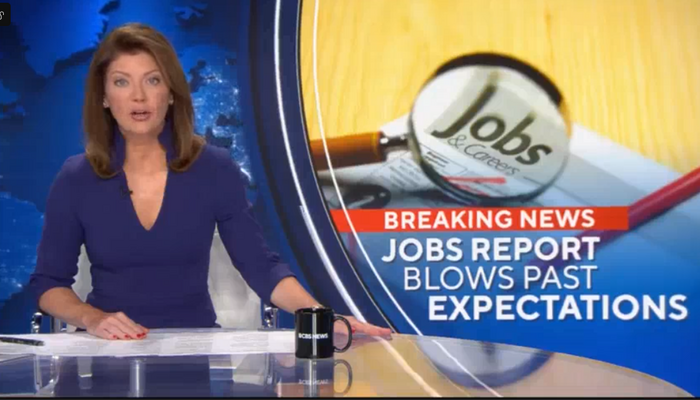By Hgptv
Copyright hgptv

In the weeks leading up to Guyana’s General and Regional Elections, supporters and candidates of the We Invest in Nationhood (WIN) party have faced a troubling reality: the sudden closure of their bank accounts. It is still happening, and many now see it as a deliberate intimidation.
WIN leader Azruddin Mohamed has described the move as a tactic to instill fear and silence citizens. Whether one agrees with his charge or not, the spectacle of ordinary people linked to a political movement being locked out of the financial system raises serious questions about the health of Guyana’s democracy.
The banks themselves have offered little public explanation. But the context is clear. In June 2024, Mohamed and several of his businesses were hit with U.S. sanctions. Local banks, dependent on foreign correspondent relationships, quickly tightened compliance. They began cutting ties with anyone who could be viewed as a risk to shield themselves. On paper, that looks like regulatory caution. But when accounts of WIN’s supporters, not just its sanctioned leader, are closed quickly, the line between compliance and coercion becomes blurred.
This is not the first time banks in small economies have been accused of “over-compliance.” Faced with international pressure, financial institutions often take sweeping measures to avoid penalties. That instinct is understandable. However, when those measures fall hardest on political actors during an election season, the perception of weaponized banking becomes hard to dismiss. Mohamed’s claim of intimidation may not be proven, but the clustered timing of account closures gives it weight.
What is at stake is larger than WIN or Mohamed. If banks can, without clear, public justification, cut off political actors from the financial system, then access to banking becomes a privilege, not a right. And when that happens, democracy suffers. Citizens cannot fairly compete in politics if supporting a candidate means risking the ability to pay bills, save money, or operate a business.
Responsibility now falls on three fronts. Banks must provide transparency, not just vague references to “compliance.” The Bank of Guyana must issue guidance that balances international obligations with financial inclusion and political rights protection. And the courts must act swiftly on legal challenges to ensure that citizens are not punished with financial exile before their cases are heard.
This is not a call to ignore sanctions or excuse wrongdoing. It is a call for proportionality. Compliance can be achieved through tighter monitoring and targeted restrictions, not blanket account closures. The alternative is a dangerous precedent in which economic tools are perceived as instruments of political punishment.
Mohamed’s accusations may sound dramatic, but the stakes are real. Democracy is weakened not only at the ballot box but also in the quiet, bureaucratic decisions of banks. If those decisions disproportionately affect one party and its supporters, what looks like risk management begins to look like intimidation. Guyana cannot afford to let fear and finance redraw the boundaries of political participation.



